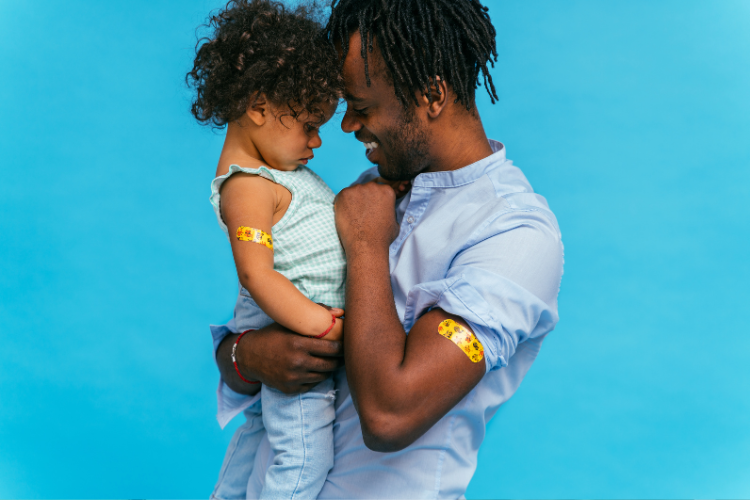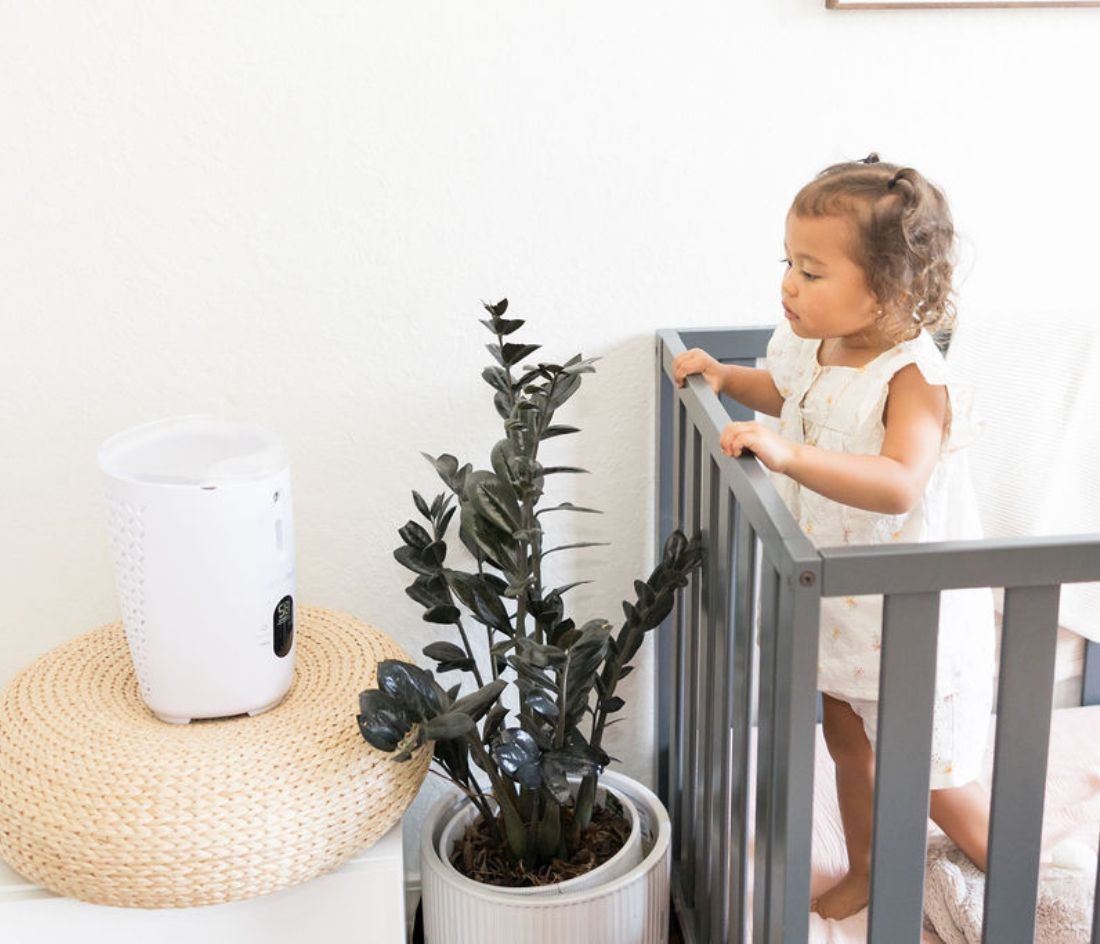You have probably seen or heard about the new RSV vaccine, called Beyfortus™ that was approved by the FDA in July of 2023. If you are a parent of a baby or toddler, pregnant, or in the elderly population, you have probably been wondering "who should get the new RSV vaccine" since that is the patient population most impacted by this virus.
Today, our Chief Medical Officer, Dr. Steven Goudy, founder of the NozeBot, and Pediatric ENT is breaking down the answer to this question to help guide you to make the best decision for you and your family. Remember, every situation is different and should be treated that way, please consult with your family doctor to help guide you while making this decision, too.
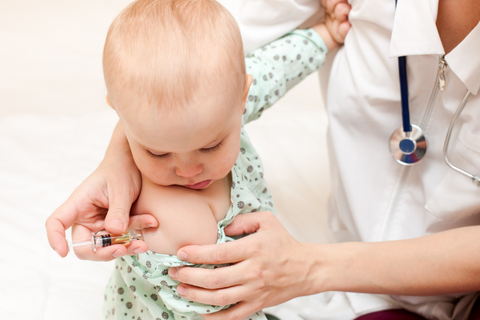
Understanding RSV
RSV is a virus that primarily affects the respiratory system, leading to symptoms ranging from mild cold-like symptoms to severe lower respiratory tract infections. While RSV infections can occur at any age, they are most concerning in the very young and the elderly. Infants, especially those under six months of age, are particularly vulnerable to severe RSV infections, which can lead to hospitalization or even be life-threatening. The elderly and individuals with weakened immune systems are also at higher risk for severe complications.
Who Should Get The New RSV Vaccine?
The simple answer is the very young and the elderly populations need the new RSV vaccine the most, but why? Dr. Goudy says, "RSV is a virus that comes during the colder months every year and it disproportionally impacts the very young and the very old (>65). In each of these cases it is because the immune system is not working as well as it should, and in the very young it is a double whammy because babies less than 1 year old primarily breathe out of their nose. The virus lasts 7-10 days and there is a lot of mucous in the upper and lower airways causing the very young to have trouble eating (leading to dehydration) as well as trouble breathing."
RSV in Babies and Toddlers
During the 1st year of life your baby’s immune system is just developing, and they live off of maternal antibodies passed on during pregnancy which last up to 4-6 months. Their own immune system hasn’t experienced any infection yet, so everything is new and they are very vulnerable.
The new RSV vaccine Beyfortus™, is a monoclonal antibody, but unlike previous vaccinations, it will protect an entire RSV season with just one shot. It is available to children less than 1 year old and gives their immune system the needed boost to deal with RSV and not get as sick, allowing their body’s immune system to catch up. The monoclonal antibody is also “a small group during their second season who are between 8 and 19 months old and at high risk for severe disease”.
RSV in the Elderly
In the older population there is significant trouble breathing which can lead to pneumonia. The RSV vaccine for the elderly (over 65 ) works to activate the immune system that may have seen RSV a long time ago, but is not really in fighting shape to respond to it well. Life-threatening complications, such as pneumonia, can occur as well as make existing conditions, such as asthma, congestive heart failure, and chronic obstructive pulmonary disease (COPD), worse, according to Yale Medicine.
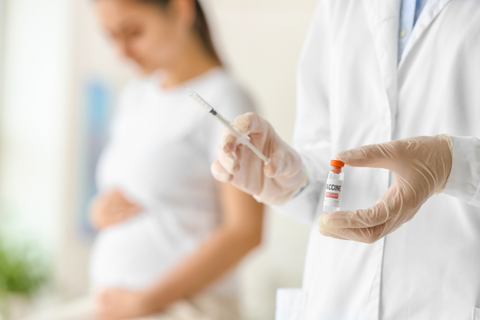
RSV in Pregnancy
There is a RSV vaccine called bivalent RSVpreF vaccine (Abrysvo) from Pfizer, that pregnant mothers can get between 32 and 36 weeks of pregnancy, according to the CDC, that also helps protect their baby during that critical first year of life.
Looking for more information on RSV? You will find these articles helpful:
- Everything Parents Need to Know About the New FDA-Approved RSV Shot for Babies and Toddlers
- What Parents Need to Know As RSV Season Kicks Off
- 5 Surprising RSV Facts For Parents
- Is It RSV, Flu, COVID-19, or a Cold?
- How to Prepare For an Early RSV Season
RSV is a significant respiratory illness that can cause severe complications in infants, the elderly, and individuals with weakened immune systems. The introduction of new RSV vaccines offers the potential to protect these vulnerable populations and reduce the overall burden of the virus on healthcare systems. While recommendations for RSV vaccination may vary depending on the specific vaccine, it is clear that infants, pregnant women, the elderly, and individuals with weakened immune systems stand to benefit the most from RSV vaccination.
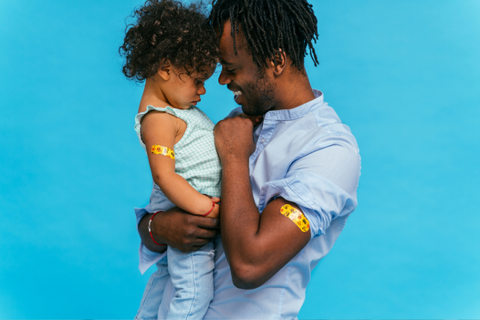
As with any vaccine, it is essential to consult with healthcare professionals to determine the most appropriate vaccination schedule based on individual health and age considerations. By targeting the right populations, RSV vaccination can play a significant role in preventing severe respiratory illness and improving public health.
The Nozebot is a battery-powered suction device designed to clear nasal congestion in babies and children.


